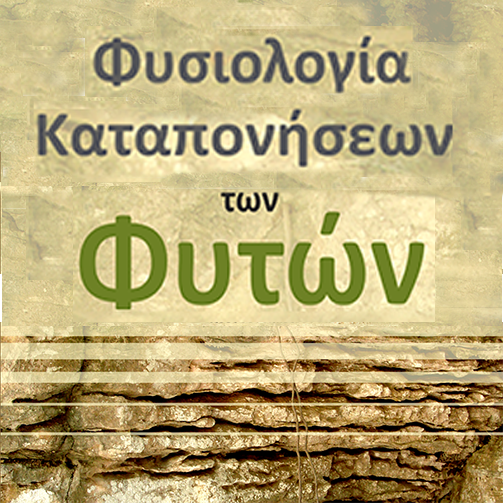The first section of the course is dedicated to abiotic stress factors, which precede in terms of importance and effects on crop yields. Their effects on the structure and function of plant organisms are examined, with an emphasis on cultivated species, and the mechanisms through which plants cope with adverse conditions. The knowledge of these mechanisms is a prerequisite not only for a series of cultivation interventions, but also for genetic improvement programs or for biotechnological applications. The second section examines anthropogenic stressors in order to build a background of knowledge about the effects of anthropogenic activities and the changes they bring to the planet's flora and crops (and therefore to the survival of the human species). Acquiring this background allows plant organisms to be utilized by experts who respect the planet that hosts them. In the third section, biotic stress factors are examined, their effects on the structure and function of plant organisms and the mechanisms through which plants defend. Special mention is made of secondary metabolites, molecules that play an important role in coping with biotic stressors, and then preexisting and induced defense mechanisms are examined. The knowledge of defense mechanisms is a prerequisite not only for the understanding of Phytopathology and Pharmacology courses, but also for a number of applications such as the production of biologically active substances, drugs and cosmetics. In the third section, an attempt is made to present the consequences of the coexistence of more than one stress factor on the structure and function of plant species as well as their respective reactions, because the conditions that are formed now resemble field conditions more realistically. Finally some opinions are developed regarding the existing as well as possible biotechnological applications based on the background knowledge acquired.


